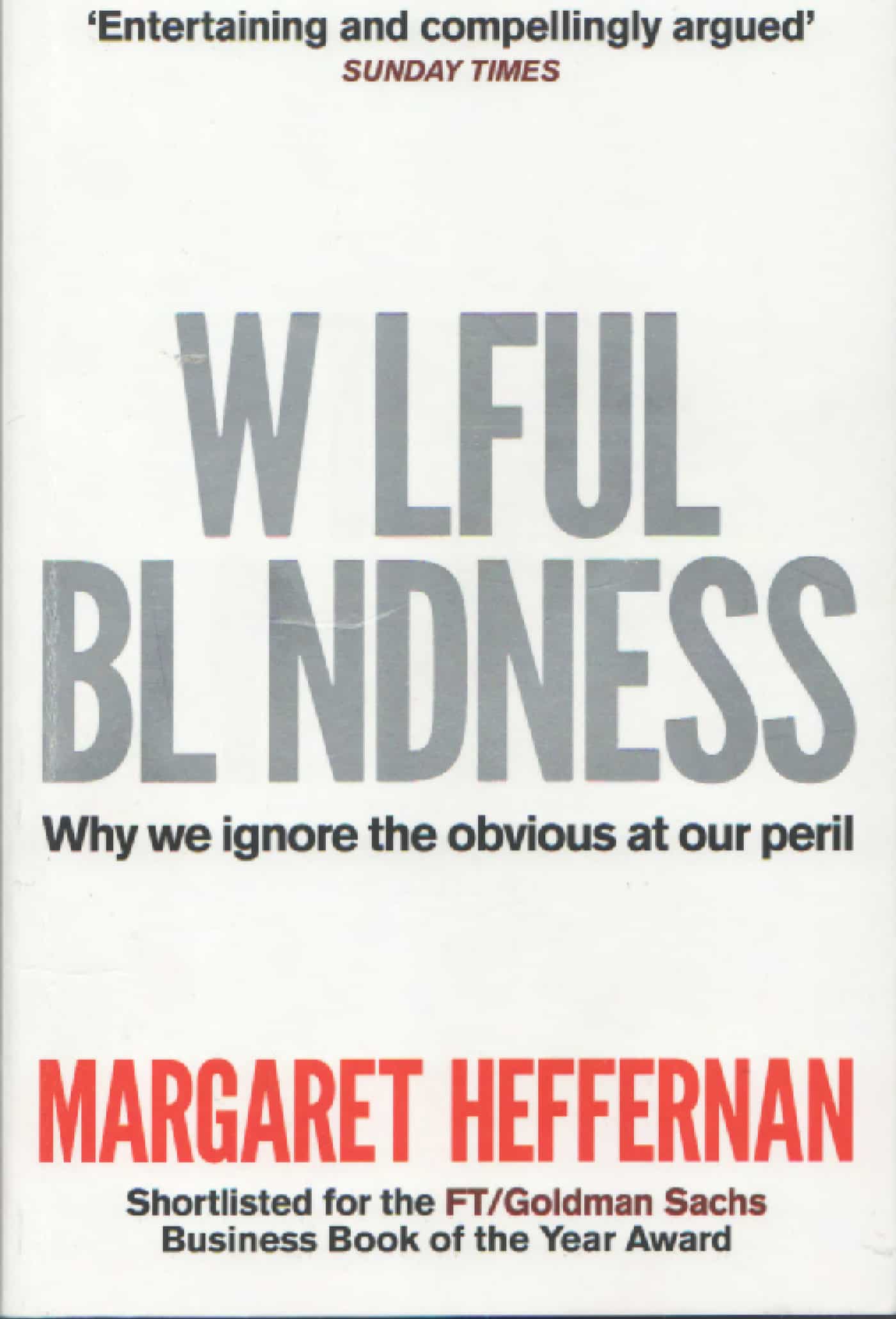On 16 August 2012, Australia’s Workplace Relations Minister, Bill Shorten, said in Parliament, in relation to new asbestos management initiatives, that”
“On 14 March this year, in my first ministerial statement on workplace health and safety in this place, I said that every Australian who goes to work should return home safely. I know both sides of the House endorse this universal human right and today I reaffirm our commitment to this principle…” (page 13, Hansard. emphasis added)
It is very common to hear safety professionals and company executives echo the statement that workers should return home in an uninjured state. But few would be aware or, perhaps, agree that this is a human rights statement.
Following an earlier blog post, one reader has pointed us to the United Nations Guiding Principles for Business and Human Rights that were released in 2011. According to the author, John Ruggie, these principles:
“… highlight what steps States should take to foster business respect for human rights; provide a blueprint for companies to know and show that they respect human rights, and reduce the risk of causing or contributing to human rights harm; and constitute a set of benchmarks for stakeholders to assess business respect for human rights. Continue reading “Principled pragmatism – Human Rights included in OHS Due Diligence”




